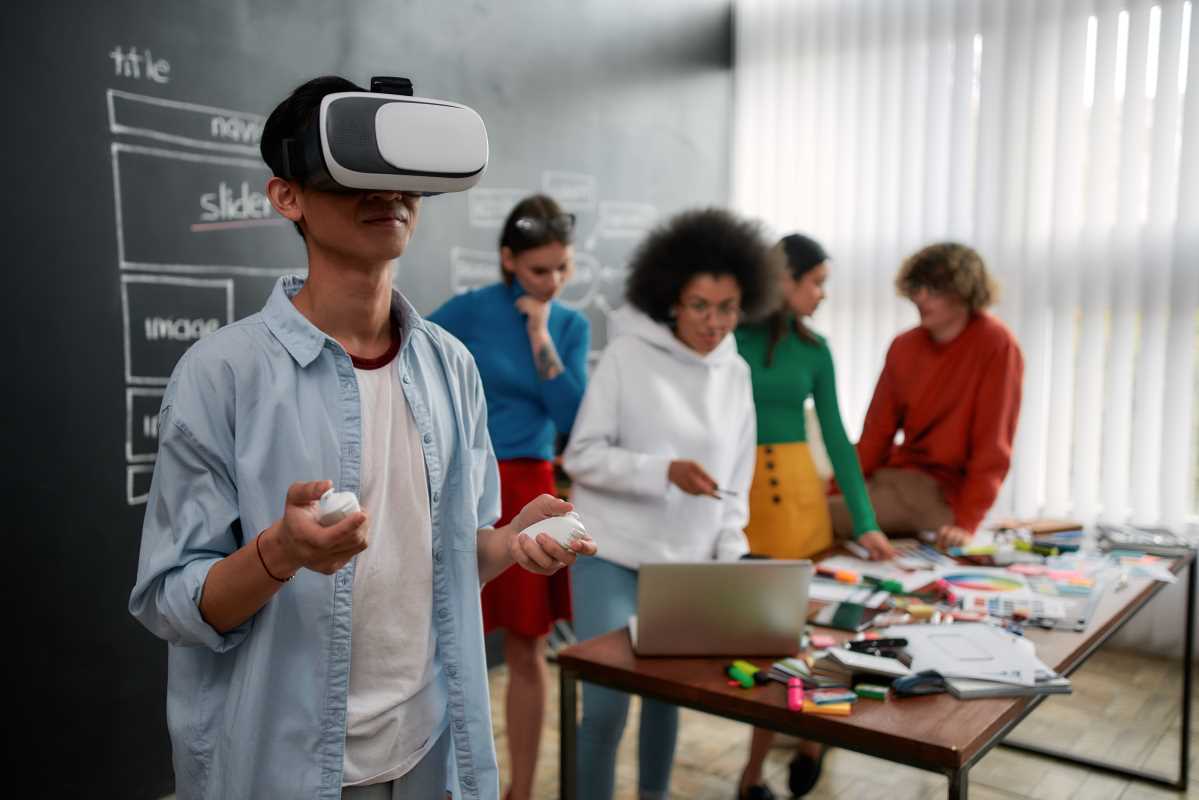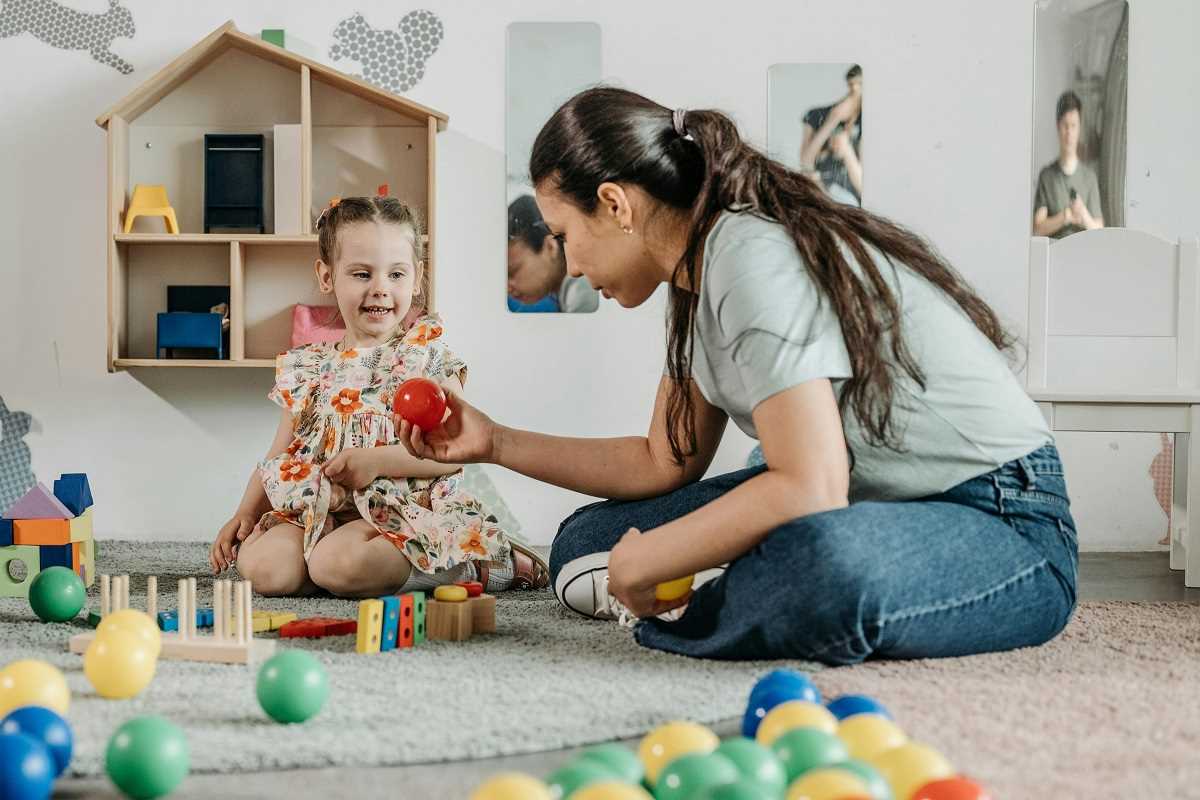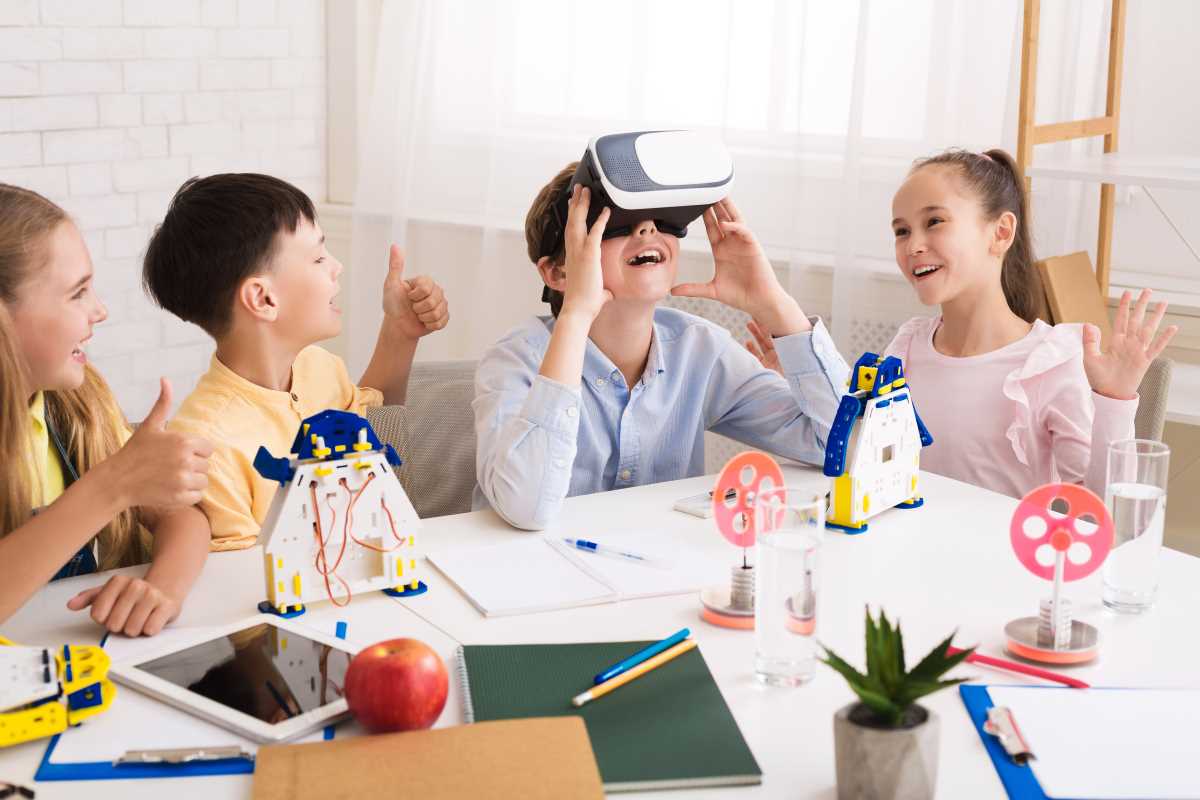Hands-on learning through project-based activities brings excitement and practical experience to those who want to grow their abilities. When people work on meaningful projects, they often discover new strengths and gain the confidence that comes from solving problems on their own. This approach moves away from repetitive exercises and encourages exploration, making each lesson feel more relevant and engaging. Through direct involvement, learners watch their skills develop and notice real improvements in daily situations. Building knowledge in this way not only deepens understanding but also creates a stronger sense of connection to the learning journey as a whole.
This approach makes learning a part of daily living rather than a high-pressure classroom experience. When you engage in real projects, the skills you pick up naturally spill over into every aspect of your personal and professional life. In fact, you might even find that project-based learning transforms challenges into meaningful outcomes.
Understanding Project-Based Learning for Adults
Adults who dive into project-based challenges discover that the learning process becomes much more personal and relevant. Such learning not only builds a practical skill set but also lets people work at their own pace. They get to tackle issues that are important to them, which keeps the experience fresh and exciting. The mix of creativity and problem-solving transforms daily tasks into rewarding adventures.
The method relies on selecting projects that align with real interests and needs. Whether it’s cooking a new recipe from scratch or designing a community event, the projects quickly turn into personal missions. The process helps in building a growth mindset because individuals see direct results from their decisions and actions.
Key Concept 1: Real-World Problem Solving
Grounding learning in real-world problems means that every project becomes a testing ground for practical skills. Adults skip theoretical debates and jump directly into tangible challenges. This immediate application of knowledge builds confidence, as learners witness first-hand how their efforts generate measurable outcomes.
When you work on real-life challenges, you are forced to think creatively and adapt quickly. This sort of learning prompts you to make connections between everyday issues and the skills needed to solve them. It proves that the world is a classroom where every problem serves as an opportunity to improve your abilities.
Key Concept 2: Collaborative Learning and Networking
Another perk of project-based learning is the chance to collaborate with others. Working side by side with peers not only lightens the workload but also brings in new perspectives. When you team up with people who have different backgrounds, you get exposed to diverse thoughts and methods of tackling challenges.
Networking through these projects can kickstart long-lasting relationships. You might meet a teammate who later becomes a mentor or a partner in future projects. Each collaboration sharpens your communication and teamwork skills, which are critical in most aspects of life. You also learn to balance differing opinions and work together towards a common goal.
Key Concept 3: Self-Directed Exploration
Learning that hands you the reins of self-direction feels like a breath of fresh air. Choosing your own projects means tailoring the educational journey to your taste and needs. This sense of control encourages you to try new things without feeling boxed in by traditional guidelines. The experience empowers you to explore areas that truly spark your curiosity.
Here are some ideas to make your self-directed exploration even more engaging:
- Set clear personal goals before starting a project.
- Create a timeline that breaks your project into manageable parts.
- Seek feedback from friends or colleagues to refine your approach.
- Keep a journal of thoughts and progress to recognize patterns in your learning.
Key Concept 4: Reflection and Adaptation
Taking time to look back after a project completes proves essential for growing your skills. Reflecting on what worked well and what didn’t helps in planning better next steps. This reflective process not only builds technical know-how, but it also deepens your understanding of how you learn best.
To create a habit of reflection, consider breaking the process into simple, manageable steps:
- Review your project goals and see if they were met.
- Identify areas that brought challenges or unexpected insights.
- Plan specific actions to improve or adjust your approach in future projects.
- Record these reflections to compare progress over time.
Key Concept 5: Building Transferable Skills Through Experience
One of the strongest points of working on practical projects is the boost in skills that you can carry over to any job or everyday situation. The hands-on work teaches you time management, creative problem-solving, and effective communication. Every project adds a layer of expertise that you can reuse for new challenges that pop up on the horizon.
As you explore different projects, you start to notice that you’re picking up small but vital habits along the way. These include clear planning, quick adaptability, and the drive to keep learning without the need for strict guidelines. Such skills not only make handling day-to-day tasks easier but also open up new pathways for personal and work-related growth.
Project-based learning offers more than just a change of pace—it provides a way to grow that feels both natural and enjoyable. The process compels you to experiment, assess, and integrate new skills in everyday scenarios. As you continue to take on projects that interest you, every challenge turns into a stepping stone toward greater independence and satisfaction in life.
Hands-on projects encourage growth and self-reliance, making learning more impactful. Each project brings you closer to a self-fulfilled lifestyle.







